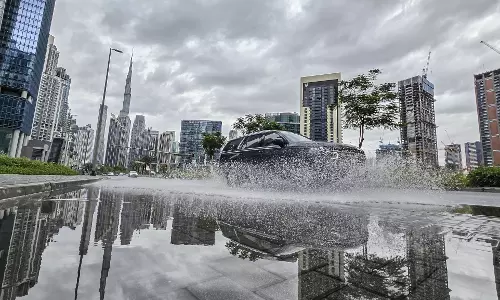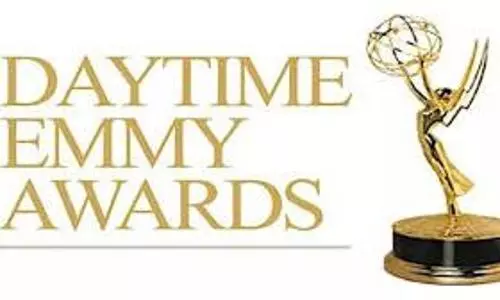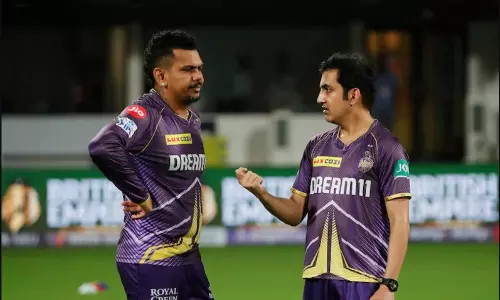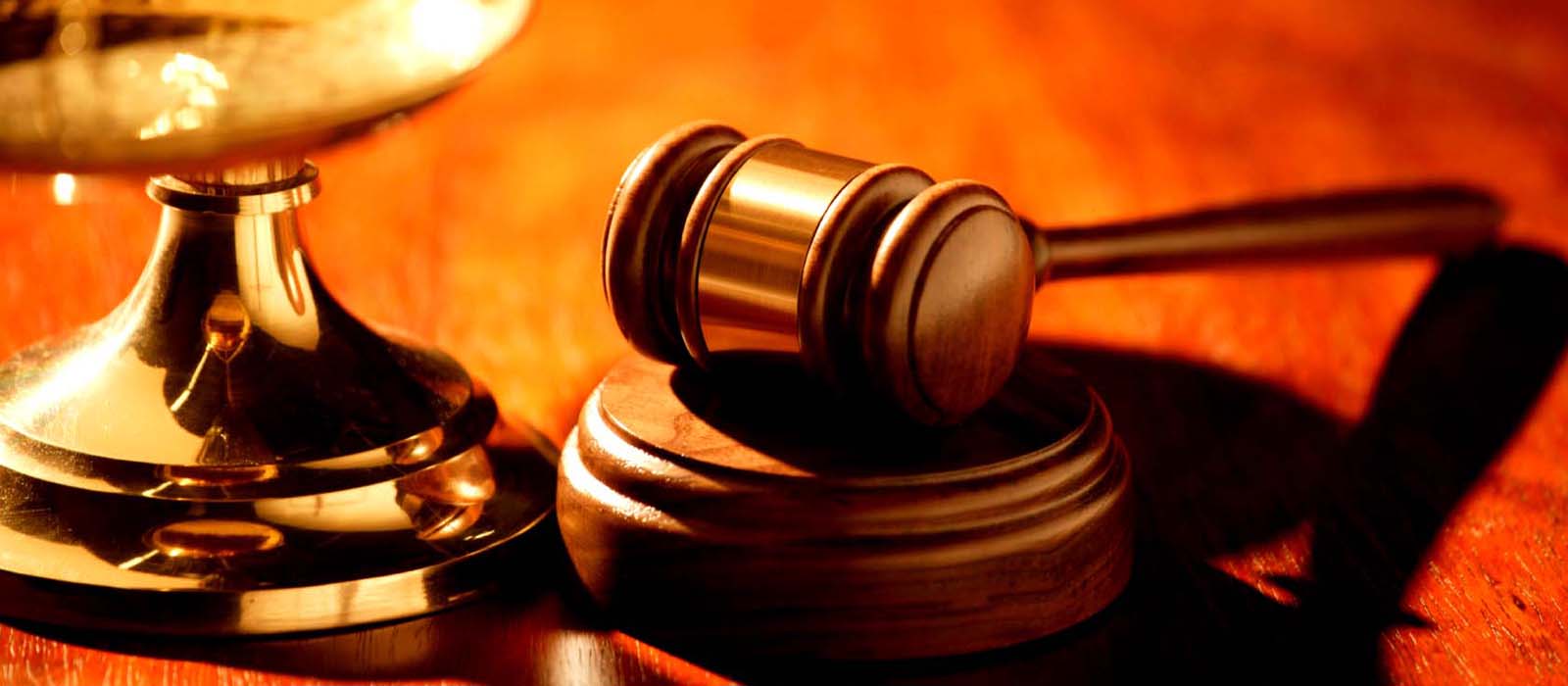
Will the judiciary make a self-trial?
text_fieldsWhen Gulab Khan from Bareilly, Uttar Pradesh came out of Bareilly Central Jail the other day, his innocence had been proved in the court. He was forced to spend nearly 12 years in jail, a victim of a fake case that sprand from some police official's crooked intelligence in the name of a terrorist attack – one of the thousands of under-trail detainees in the country.
Majority of such victims are thought to be innocent. But because of the frailties and unfairness of the justice system, it is only after those innocents spend years of 'punishment' in incarceration and after their innocence is proved in court, that they become free. In the overtuning of the principle that even if a thousand guilty escape a single innocent should not be punished, our judiciary has played a major role. Today, the phenomenon of the guilty escaping and the innocent getting punished is not only a possibility but a routine aberration.
There may be administrative and related reasons behind this. But among them are several factors that the judiciary can rectify and get rectified – which are not at all unknown to those inside the system. A confession by Justice PN Bhagwati eight years ago had raised some hopes that there would be some remedial measures within the judiciary. That confessions was this: In April 1976 the Supreme Court had to decide on a habeas corpus petition related to civil rights. A few high courts issued judgment allowing habeas corpus petitions of detainees too. This shows that even during the Emergency some judges showed the courage to do it. But then the government of Indira Gandhi approached the Supreme Court against the judgment. Four out of five judges stood by the government, and the verdict went in favour of Indira Gandhi. One of the four judges who wrote that judgment against civil rights, made the confession after three decades that he erred there. But to what avail is that? The lone bold judge who wrote the dissenting judgment on the side of justice even in those dark days of the Emergency, was Justice HR Khanna. Although Justice Bhagwati's contrite recollection led to some debate, did it rise as expected to the level of a rethinking within the judiciary? No, not at all, as is proven by the manner in which the Supreme Court dealt with a habeas corpus petition following the Central government's actions in Kashmir.
Now, the circumstances surrounding the retirement of the current chief justice and the imminent assumption of office of the new chief justice, and the situation post the issuance of judgment on the Babri land suit – widely reviewed as containing contradictions – have occasioned some serious cogitations about judiciary. In addition, debates are continuing about appointments to the higher judiciary. The Supreme Court had overturned the 99th amendment to the Constitution instituting a Judicial Appointments Commission in the place of the extant collegium. The apex court while doing this, said that in order to improve the working of the collegium, a memorandum of procedure should be evolved. The direct result of the resultant friction between the Centre and the Supreme Court is that appointments get delayed. That also affects the people. The practice of judges recusing, and not recusing, themselves from certain cases have become topics of discussion in legal forums. These are issues that the judiciary cannot ignore.
Jurists observe that there are deeper debates required. It is a constitutional function of the judiciary to put a check on the government's failings and excesses. When law and authority clash, the need is to uphold the supremacy of law. The smokescreen raised by authority should not influence the judges. What is called for then is not the easy course of action of the four judges including PN Bhagwati, but the certitude of Khanna in swimming solo against the tide. A judiciary becomes truly free when it stays above the government and the pressures created by popular consensus, not when it 'satisfies popular conscience' or 'maintains balance', but when it is able to convince itself that judgments are to translate the constitution into reality. When the constitution and rule of law become the only yard sticks, it will be reflected in the functioning of the judiciary. The action taken against Justice Vijaya Tahilramani cannot be said to have raised the prestige of the higher judiciary. When the legal system stays independent, and convinces others that it is so, its moral authority will get strengthened. Is that the state of affairs today? The directives issued by the Supreme Court to central and state governments about immediate appointments of information commissioners, have not been complied with for nine months now. The apex court's guidelines about encounter murders are at least in several cases, violated. It is about a year since the Supreme Court asked the Centre to make law against mob lynching – but so far no law has been born. The solution to such crucial laxity is for the judiciary to exercise its constitutional authority and to remove the obstacles in that path – even if they are from within.























